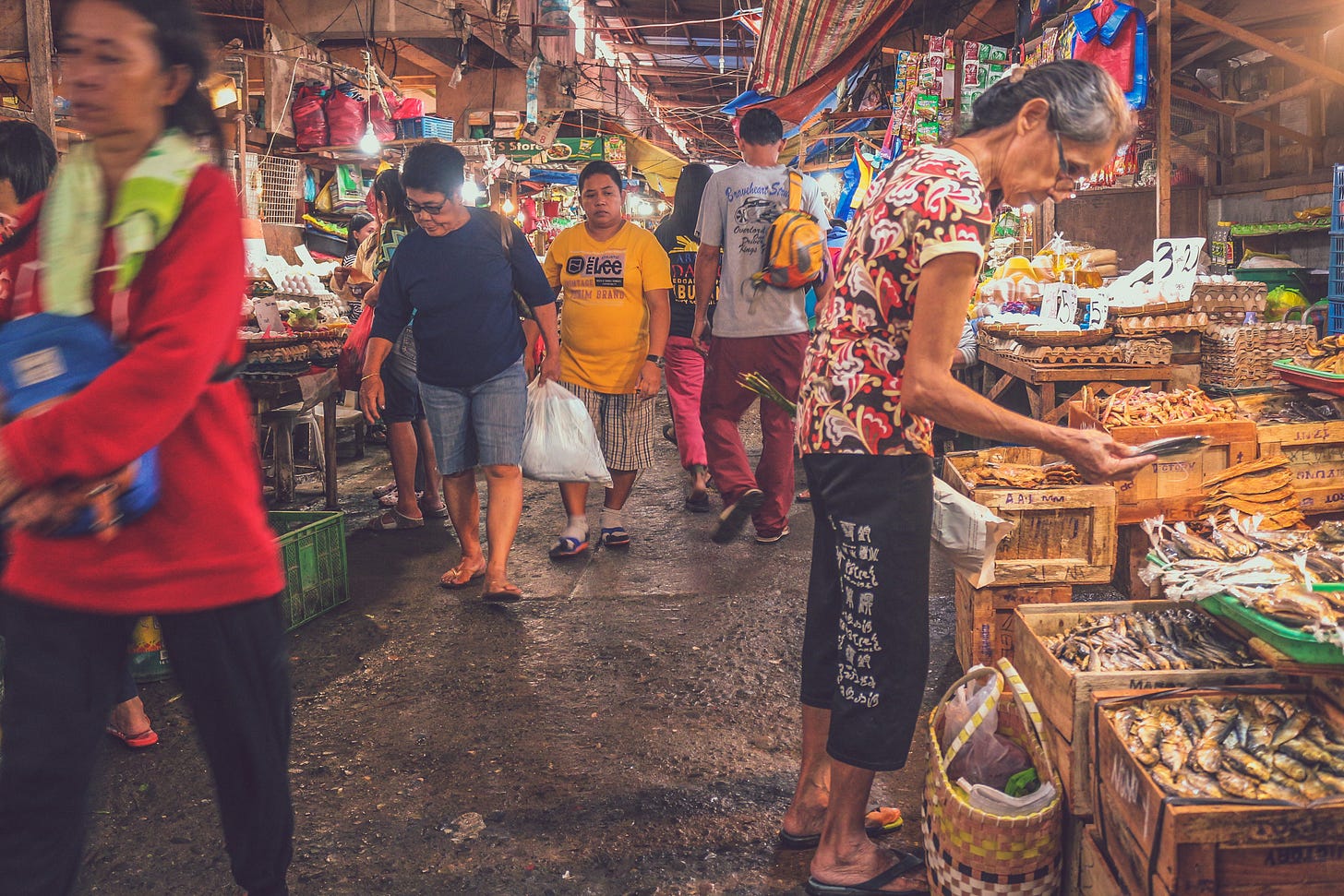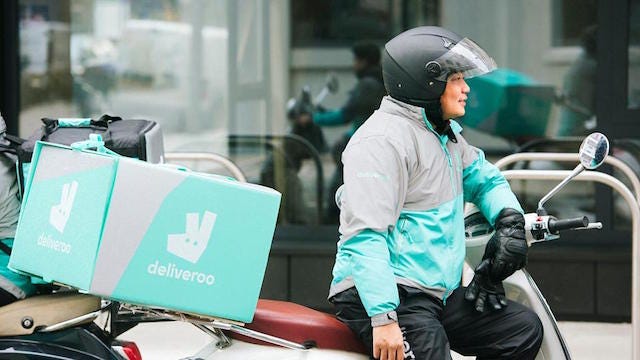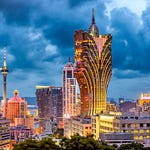Welcome to East West Hurricane! 🌪
We update you on the most essential news from Asia in tech, media, and business—the things you need to know that you probably haven’t heard in Western media.
Follow us on Twitter and Instagram! ⚡️
Convenience Stores in South East Asia 🏪
South East Asia (SEA) is an incredibly exciting and dynamic part of Asia. But when it comes to convenience stores, they are behind their counterparts in places like China and Japan, as outlined in this KrAsia article. In China, convenience stores widely accept digital payments (through Alipay and WeChat Pay), are incorporating more automation, and use sophisticated algorithms to deal with inventory. Some of these new concepts, like the three-year-old Chinese automated convenience store chain Bianlifeng and JD.com’s X-Mart, are a striking contrast to SEA.

In SEA, 47% of people don’t have a bank account and a recent Nielsen study found that SEA countries do not associate online shopping and digital payments with convenience as much as people in other Asian countries. It’s hard to have digital payments when so much of society still relies on cash. Some specific countries are seeing increases in mobile payments, as Vietnamese consumers using mobile payments went from 37% to 69% in 2019. JD.com is trialing their first X-Mart outside of China by opening an automated retail concept store in Jakarta. There is also a cashless offline store startup in Indonesia called Blibli who have launched something similar. It’s important to realise how different regions in Asia approach retail based on both technology infrastructure and local culture.
Food Delivery Companies Cope With New Reality 🍳
Food delivery companies are figuring out new ways to deal with the constantly evolving coronavirus situation, both in terms of what their customers want and what the law permits. In Hong Kong, the government has announced the banning of dine-in service at restaurants from July 29. Food delivery company Deliveroo has responded by allowing customers to order breakfast, expanding the selection of available delivery and pickup food locations, and introducing new customer discounts to encourage purchases.

One of Deliveroo’s rivals is GrabFood—which is part of the ride hailing company Grab. GrabFood launched a new cashback program this week. When users place orders from their favourite restaurants, they will receive an 8% cashback if they are new users or a 2% cashback if they are existing users. This should encourage more usage of Grabfood, especially in an economically turbulent time where people are looking for value and discounts in anything they purchase.
Apple’s New iPhone Assembly in India 🇮🇳
While operating in a country that has just banned dozens of Chinese apps, Apple is doing a good job of demonstrating added value to India. Foxconn, Apple’s iPhone manufacturer, has started assembling iPhone 11s at a plant in Chennai, India. Historically, iPhones have been almost exclusively assembled in China, while Apple’s other smartphone rivals like Xiaomi, Samsung, and Oppo are already assembling phones locally in India.

Tim Cook, Apple CEO, has also said that Apple plans to open up their first retail store in India next year. Part of the reason behind these developments is also to navigate India’s already complex regulation regarding foreign companies, whether Chinese or otherwise. Under current Indian regulation, foreign direct investment in retail must include a percentage of products locally produced in India. So by assembling iPhones in India, Apple is able to avoid a 20% import duty on imported electronics and qualify to open Apple retail stores.















Share this post